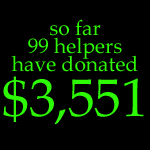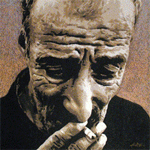Inspired by Sports Illustrated's 1991 update of its groundbreaking "The Black Athlete" report in 1968, I wrote my own three-part series called "Blacks In Sports" for my college newspaper at the University of Cincinnati's The News Record. Now, nearly 20 years later, I've updated my own report, this time in five segments, and I hope you enjoy it. Everyone quoted in this series is black unless noted. Today's Part I is "Remembering The History."

By JOHN P. WISE
One Great Season
You'd think a black man in his 50s in 2011 America would have known well the sting of racial hatred since he was old enough to hear. But it took until age 12 before Lorenzo Romar finally learned what such ignorance sounded like when, in 1971, a Little League baseball teammate called him a nigger.
"For him to say that the way he said it, he had to have had some kind of a race issue," said Romar, now 52 and the basketball coach at the University of Washington. "So then I thought that maybe the entire time, maybe those other kids on the team had been looking at my color more than at me as a person."
That Romar grew up in Compton, Calif., close enough to watch the smoke rise from the fires of the Watts riots as a boy in 1965, meant he was raised in a neighborhood where folks looked just like he did. So Romar was shielded from racism in his early years, on the streets, at school and on the playing fields. But in 1971, his local summer league had ended early, sending him looking for more baseball before the new school year started. He found more baseball alright, just not in his own neighborhood, and just not with folks who looked like he did.
Click to read more ...
 Sunday, February 20, 2011 at 4:25PM
Sunday, February 20, 2011 at 4:25PM  Blacks In Sports,
Blacks In Sports,  OGS Special Reports
OGS Special Reports 













